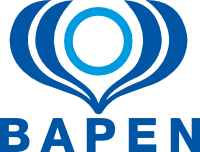Detecting Malnutrition
Nutritional Screening
This is the first step in identifying subjects who may be at nutritional risk or potentially at risk, and who may benefit from appropriate nutritional intervention. It is a rapid, simple and general procedure used by nursing, medical, or other staff on first contact with the subject so that clear guidelines for action can be implemented and appropriate nutritional advice provided. Some subjects may just need help and advice with eating and drinking; others may need to be referred for more expert advice.
Screening may need to be repeated regularly as a subject’s clinical condition and nutritional problems can change. It is particularly important to re-assess subjects identified at risk as they move through care settings.
It is always better to prevent or detect problems early by screening than discover serious problems later.
There are many nutrition screening tools in use across the world. However, the most commonly used screening tool in all care settings in the UK is the ’Malnutrition Universal Screening Tool’ (‘MUST’). This was developed and launched by BAPEN in 2003. It was designed to be valid, reliable and easy to use in all adults. It can detect over-nutrition as well as under-nutrition and is linked to a flexible care plan. It is not designed to detect deficiencies in or excessive intakes of vitamins and minerals.
In December 2015, BAPEN launched the first Malnutrition Self-Screening Tool for use by individuals and/or their carers who are concerned about malnutrition.


